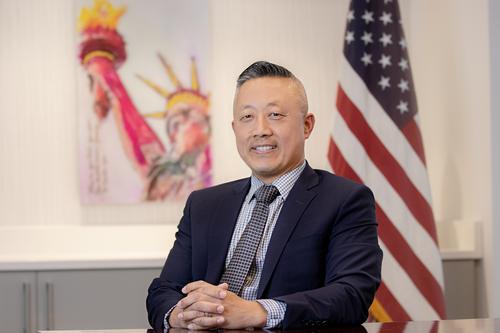Understanding What "No Recovery, No Fee" Actually Means
When it comes to paying an attorney, many people are worried that they will not be able to afford high quality, effective representation. This is not true, however. At Tucker, Nong & Associates, our dedicated attorneys offer a number of ways to help clients obtain affordable representation. Different options are appropriate for different types of cases and budgets. One common option is a contingency fee agreement, but what exactly does this arrangement mean for you?
Contingency Fee Agreements Are Directly Related to Case Outcomes
Contingency fee agreements are popular in personal injury and workers’ compensation cases. Often, contingency fee agreements are described as a “no fee guarantee” or a “pay nothing unless we win” type of agreement. While this is true, it does not necessarily tell the whole story. With a contingency fee arrangement, the lawyer and client agree that the lawyer will take a certain percentage of any damages awarded at the end of the case as payment for their legal advice and work on the case. No money is required to be paid to the attorney up front.
If the case is successful, the money will be taken directly from the settlement. If the case is lost, the lawyer will expect no fee from the client. However, this only addresses the fees a lawyer charges for his or her work on the case. The money paid to an attorney for his service is separate and distinct from other costs that may be associated with a case.
Other Costs May Be Incurred During Your Case
There are a wide variety of costs associated with a lawsuit. A contingency fee agreement may or may not require a client to pay for these different costs. The attorney and the client will agree at the start of their professional relationship whether the client will be responsible for these costs, which can include:
- Court filing fees
- Charges for serving a summons or subpoena
- Court reporter charges
- Court transcript fees
- Document preparation fees
- Expert witness fees
Typically, it is the responsibility of the client to cover these costs. In some cases, the attorney will expect payment for these fees as they are incurred. In other arrangements, the attorney may wait until the end of the case for reimbursement of all associated costs. If this is the arrangement, it’s important for the lawyer and the client to decide what will happen if the lawsuit is unsuccessful and no verdict or settlement money is awarded. How will the associated fees be paid—a payment plan, a lump sum, through a credit card, etc. Like other details, the lawyer and client should agree on how they will address these fees before moving forward with an attorney-client relationship.
How Much Is a Typical Contingency Fee Agreement?
There is not a set percentage for a contingency fee agreement. That amount is again agreed upon between attorney and client when they enter into a contract. The fee percentage can also be dictated by the type and strength of the case. Some cases are resolved through negotiations with insurance companies or opposing lawyers. Others must be decided through a trial. These latter cases require much more work and time on the part of the lawyer. It can be arranged that the fee is partially dependent on how the case is resolved, with settled cases paying a smaller percentage than those that go to court.
Paying Your Attorney After a Settlement in a Contingency Fee Agreement
Typically, a court or settlement award is sent to the attorney. The attorney will take his share and then pass the remaining balance onto his client. This way, the client does not have to worry about paying the lawyer, and simply is given his awarded money.
Have You Been Injured In An Accident Virginia, Maryland or Washington D.C.?
If you've been hurt in an accident you need to speak with an experienced personal injury attorney as soon as possible. Please contact us online or call our Vienna, Virgnia office directly at 703.991.7978 or our Rockville, Maryland office at 301.637.5392 to schedule your case consultation.

